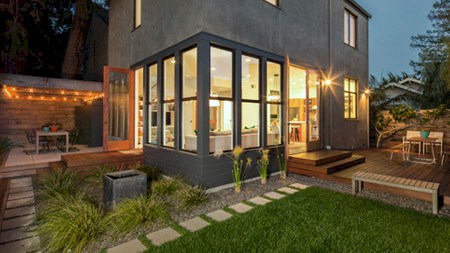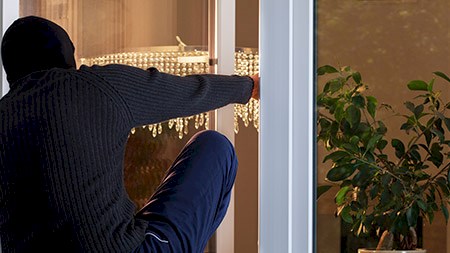Not too long ago, gated communities and ‘secure’ luxury estates were something of an oddity. Not so anymore. Today, you don’t have to go too far to see a massive mixed - use ‘city within a city’ secured by military grade cameras, 24/7 security patrols and 10ft high double skinned perimeter fences. Although seemingly justifiable and appealing on many levels, I recently found myself questioning the thinking behind such developments and what kind of impact they have on those who live in them as well as those living around them.
Arguably one of the primary underlying arguments for such developments is the frighteningly high level of crime in South Africa. Crumbling infrastructure, a lack of basic service delivery and the convenience that comes with estates geared for mixed-use living also work in their favour. But are estates and gated communities really such a good idea? Professor Monique Marks, head of the Durban University of Technology’s Urban Future’s Centre thinks not.
Notes Marks: “Although not unique to South Africa, there is a particularly high incidence of lifestyle estates and gated communities in the country and demand is on the rise. The problem with such developments is that they create ‘bubbles’ removed from society and are, by their very nature, exclusionary. They attract a certain class of people who can afford to pay a premium for upmarket living and exclude those who can’t which undermines social cohesion and diversity and reinforces inequality and crime displacement.
“As for the ‘freedom’ associated with estate living, residents will argue that that they can leave their doors open, enjoy their surrounds and let their children roam free. But what kind of freedom is it to be cut off from the rest of society behind high walls and monitored by cameras and guards 24/7? These are the types of elements that we typically associate with prisons and compounds – not freedom.”
The security benefits provided by high walls are also questionable, says Marks. After conducting research into boundary structures in conjunction with the police and private security companies in Durban, Marks found that in the case of stand-alone houses, serious and organised crime occurs more frequently behind high walls. She says walls, for the police, are viewed as a policing nightmare. They prevent natural surveillance, block access for those who do the policing, and generally tend to leave people quite alienated from the communities that surround them.
Adds Marks: “Over the years there have been numerous, high profile violent crimes committed within estates, both between people familiar with one another and between strangers. It would seem then that estates tend to foster a false sense of security”
Psychologically speaking, Marks says high walls can also contribute to feelings of unease, distrust, anxiety and isolation which are usually enhanced when outside estate boundaries. She adds that children brought up on estates could possibly struggle to associate and assimilate with others later on in life. “Bubbles are always likely to burst - that is their very nature," she notes.
In a ground-breaking report authored by various high-profile academics in 2002, it was noted that: “[Such] communities are a defence against a chaotic and unpredictable post-colonial context; that chance contact is eradicated and public interaction is limited to that between self-defined, homogenous groups and that exclusivity, social status and the assurance of a peaceful, quality lifestyle are all collapsed into a discourse of crime prevention.”
Says Marks: “Ultimately, how people choose to live is entirely up to them. Interestingly, many estate residents feel conflicted about the way they live but feel they have no choice. Yet conversations about walls and safety do shift ways of thinking, and we do need to consider the longer term impact of living in exclusive, heavily securitised spaces which are not replicated in society outside of these chosen home spaces.”




